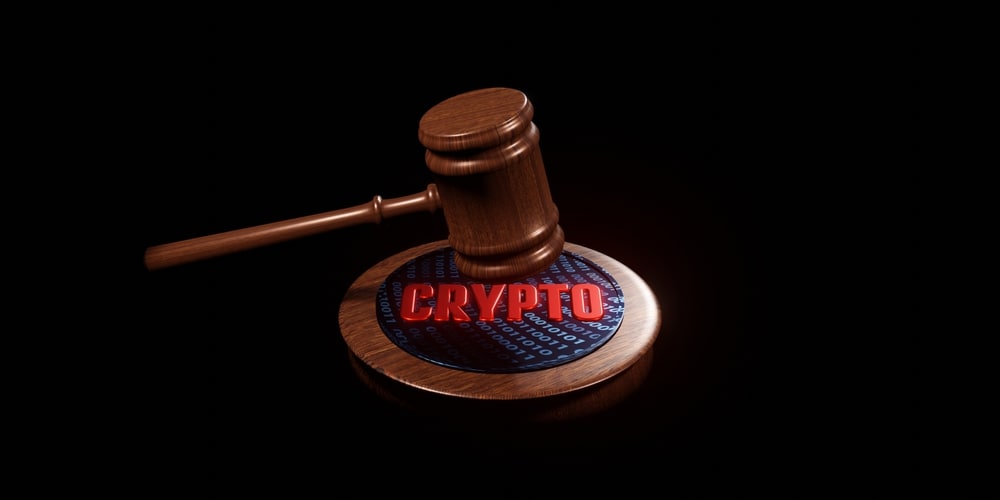
Union Pressure Compels Pennsylvania to Scrap 2-year Mining Moratorium Provision
Representative Greg Vitali, the bill’s sponsor, incorporated a clause to subject miners to current reporting stipulations to have the bill ratified by a Pennsylvania House Committee.
A Pennsylvania House Representative has removed a two-year crypto mining ban injunction to control energy utilization in the sector. He asserted that the change was evoked by pressure from labor unions.
The Cryptocurrency Energy Conservation Act was passed by the Pennsylvania House Environment Resources and Energy Committee on October 16. 13 members voted for it, while 12 voted against it. Its ratification occurred following no movement since it was brought before the committee on June 21.
Pennsylvania Abolishes Moratorium Bill
Democratic Representative Greg Vitali, the bill’s sponsor and chair of the committee, revealed to a media outlet that Democratic Party leaders coerced him not to run this bill along with the suspension.
According to Vitali, the creation of trade labor unions had ‘lasting opposition’ to environmental rule. He also said the unions had influenced his Democratic counterparts.
Specifically, he claimed that since the unions have House Democrats’ ears, they can influence members who would, in different circumstances, back the effective environmental policy. Vitali also said that voting against the unions would compromise the Democratic majority.
As such, passing the bill sans moratorium is the most logical decision. Vitalis added that in his initial six months as a majority chair, he learned the difficult way that a high tolerance for robust environmental policy does not exist.
The two-year ban veto would have halted ratifying new and renewed licenses to run crypto mining firms. Currently, the bill imparts an impact study concerning miner activities and new reporting requisites.
U.S to Adopt New Bill for Crypto Mining
In six months, the state’s miners must provide data regarding the number of mining sites and each site’s size. Additionally, they should submit emission reports, data concerning energy sources, and water and energy use data.
Crypto miners based in the state must submit the reports yearly, while new miners should provide them before beginning operations. Stronghold Digital Mining, a crypto miner, has launched in Pennsylvania, the U.S third-biggest coal-producing state.
It has also bought two coal-combustion power plants based on the assertion that it would convert the waste into energy to run numerous Bitcoin mining rigs.
In July, Stronghold Digital Mining acquired a permit to combust shredded tires to generate up to 15% of its energy requirements, which local environmental groups vehemently opposed. TeraWulf, a Bitcoin mining company, also possesses a nuclear-run site in the state.




